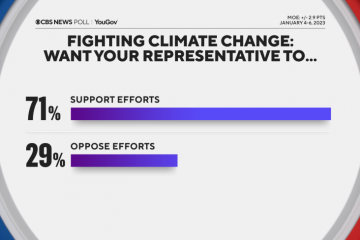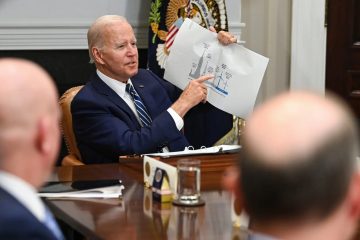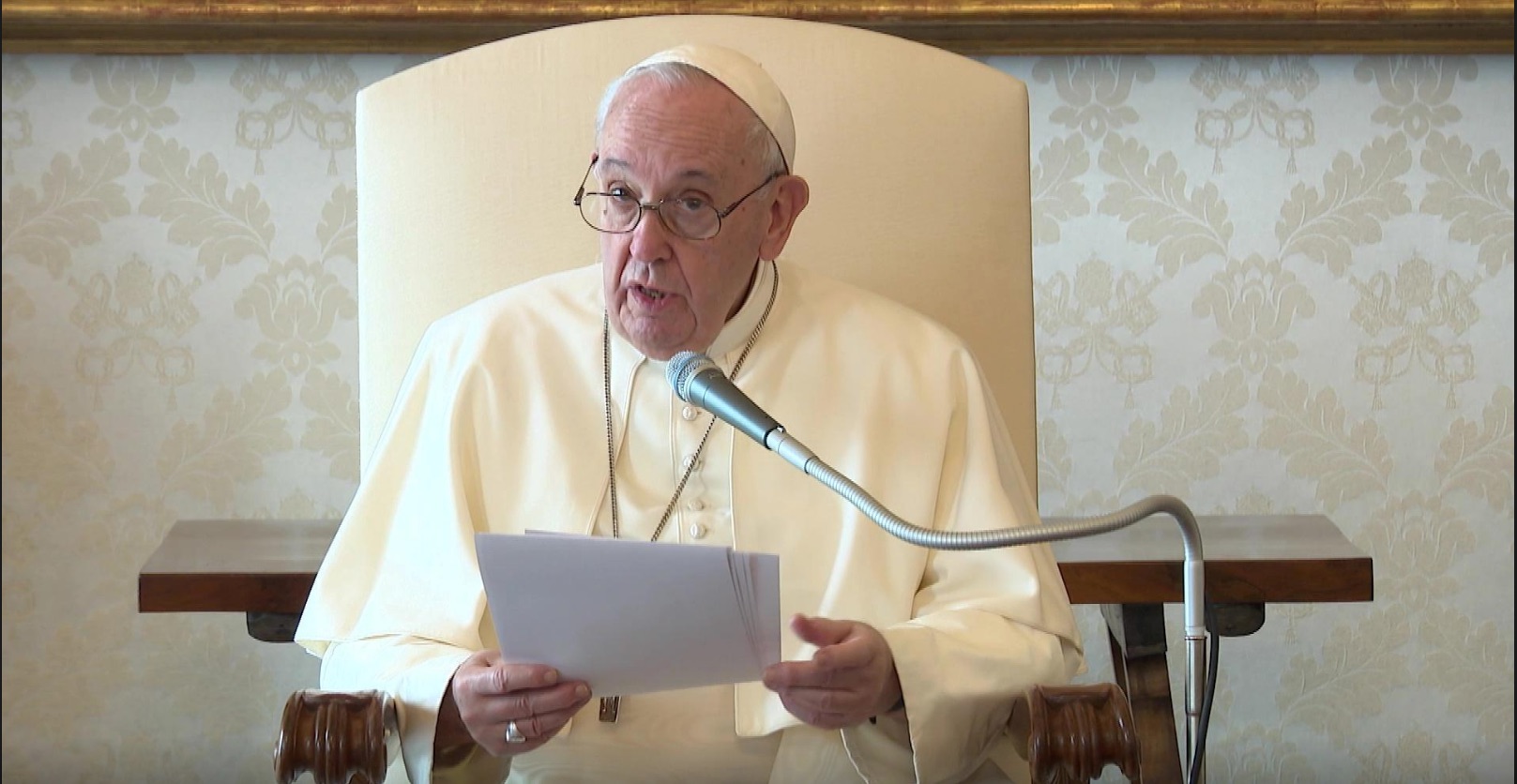Climate Change
Thank you, Joe
Here is a statement from Brett Walter, Founder & CEO, Climate Action Now: Although it sometimes doesn’t feel that way, the last four years have seen unprecedented progress on climate. Millions of people worldwide worked tirelessly to achieve these gains, but the achievements of one person in particular stand out Read more…




